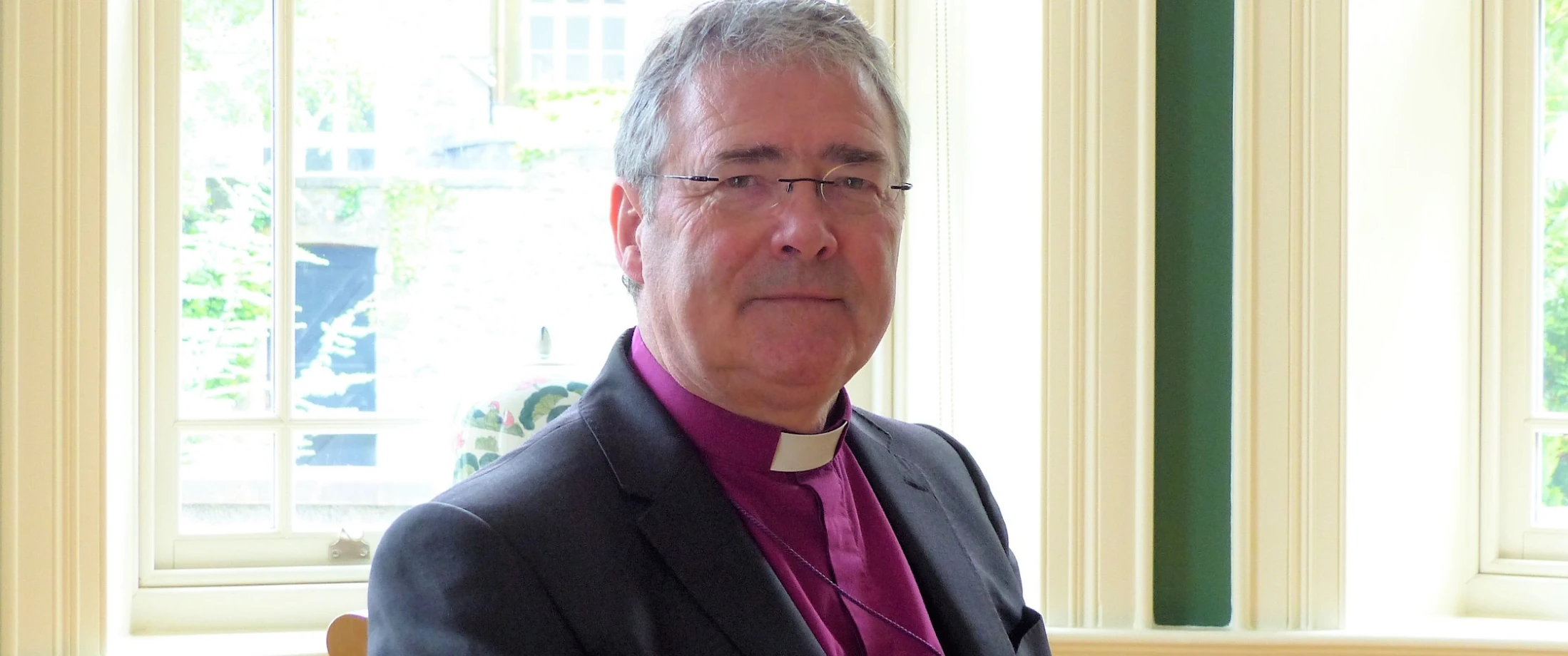Statement on the Programme for Government
Archbishop John McDowell, the Church of Ireland’s Primate of All Ireland and Archbishop of Armagh, has issued the following statement on the publication of the Northern Ireland Executive’s Programme for Government for consultation:
The first Programme for Government in thirteen years is an opportunity to re-establish and to put on a firm footing the good governance of Northern Ireland for the benefit of all our people, and particularly for those who are finding it difficult to make ends meet and to live with proper human dignity.
The Church of Ireland will make a full response to the consultation, in the usual way, but in the meantime I thought it might be worthwhile to offer a few words of heartfelt encouragement.
It cannot have been easy to get agreement from all four Northern Ireland Executive parties on what must be regarded as a sincere attempt to end years of political uncertainty and instability. All things considered, the Programme for Government has been agreed remarkably speedily due to the preparatory work which has been carried out by officials and politicians alike when the Assembly and Executive were not functioning. Many people will be very grateful for that unseen and valuable work.
Perhaps an even greater challenge will involve the spirit in which the Programme for Government is implemented; where possible softening the sharp edges which are an inevitable, but perhaps not an irreducible feature, of a mandatory coalition.
Of course financial resources are finite, and deciding funding priorities for departmental programmes and Executive initiatives will require strong and compassionate leadership. However, I can’t help thinking that the citizens of Northern Ireland will understand and put up with the financial realities if they feel that those making decisions will do so as people guiding us along a bumpy road together. Honesty and clarity in what has to be said and a strong sense of common purpose within the Executive will count for a lot.
The nine priorities which are outlined in the Programme for Government address many pressing needs. Ultimately, building hundreds of social housing units, addressing the pollution crisis literally at the heart of our Province in Lough Neagh, addressing poverty, childcare provision, violence against women and girls, and tackling the crisis within policing will all require significant financial resources. Perhaps understandably, there is a lack of detail under the nine priorities, reflecting the wider uncertainty around where the money will come from. No doubt greater clarity and depth will arise when the consultation is completed and the results analysed.
In the meantime all those involved in Government and indeed in Opposition can be assured of the prayers of many people as they carry out their vocation of public service.
